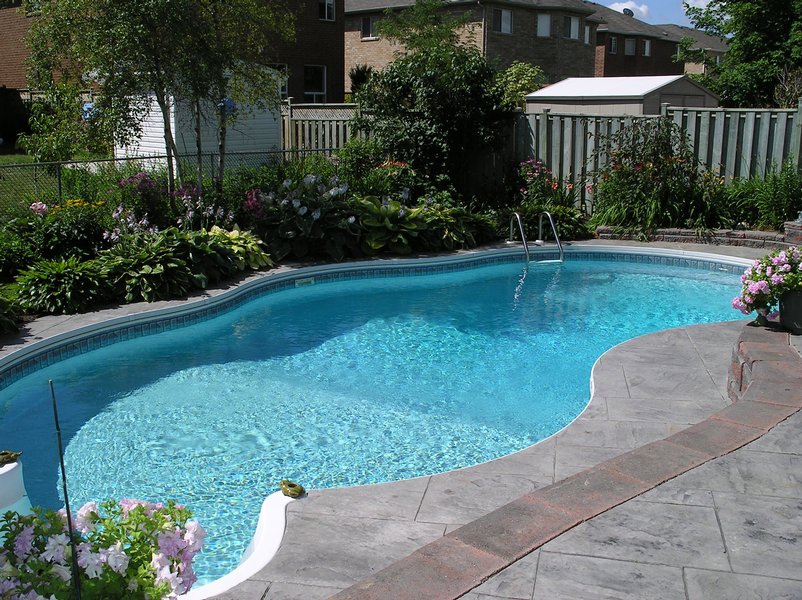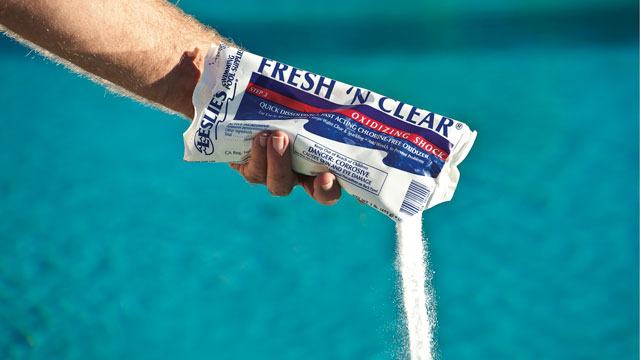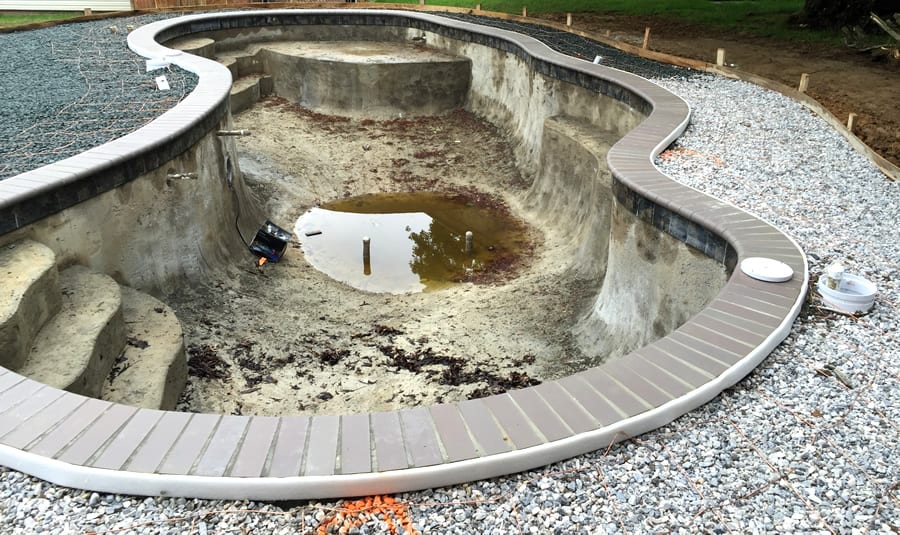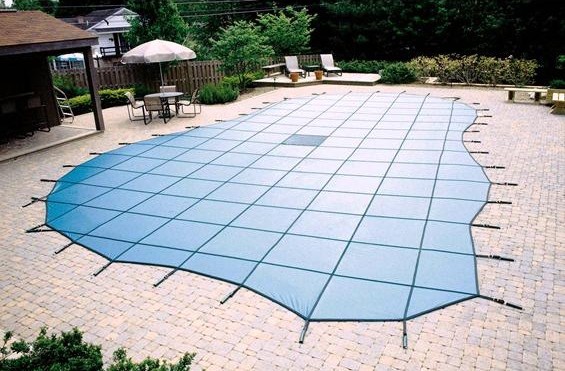It’s no secret that in-ground swimming pools are somewhat pricey, even if you work with an affordable pool installation company. If you are looking to install a pool but need money to do so, you may seek out a swimming pool loan. You could get this through a traditional bank or through a swimming pool lender, depending on the nature of your credit and your pool project as a whole. Let’s take a look at the process of getting a swimming pool loan so you can know what to expect along the way.
Every Pool Loan Is Different…
As a general disclaimer, we need to make a note that every swimming pool loan is different. The terms of the loan will depend on your credit worthiness, your income, the amount of money you need/can afford, what you need the loan for (the pool itself, a pool deck, pool fencing, etc.), and other factors along those lines. You can use this guide as a general guideline, but you will need to apply for a loan in order to find out the exact terms you will need to adhere to.
Different Types of Swimming Pool Loans
There are several ways to go about getting a loan for a swimming pool. If you have a good relationship with a local bank or you have good credit as a whole, you may be able to take out a personal loan or a home equity loan to cover the cost of the pool. Another option is to work directly with a swimming pool lender. This company may require some form of collateral for the loan, depending on your credit. You can compare rates from different lenders to decide which one you want to work with.
Pool Loan Interest Rates and Payments
Typically, a swimming pool loan will carry an interest rate of 5% to 10%, depending on your credit and the lender you work with. These loans can be up to $100,000 and can cover all or a portion of your pool project. Most homeowners that we work with will pay for most of the swimming pool installation out of pocket and seek out a loan for extra features they may want along the way – such as a waterfall or a pool retaining wall. With that in mind, we have worked with plenty of people who have taken out a loan to cover their entire pool installation.
With regards to payments, that is much harder to pin down than the interest rate. The payment on a swimming pool loan will be based on the length of the repayment period and the amount of money you took out in the first place. A short term loan will have a higher payment than a long term loan, but in the end, you will pay less money in interest over the course of the loan. Obviously a loan that is $30,000 will cost more on a monthly basis than a loan that is $10,000. You can get payment quotes from the bank in advance to determine which term and loan amount works best for your budget. You may need to adjust your pool design accordingly.
Applying and Qualifying for a Swimming Pool Loan
Once you have found a lender you want to work with, you can fill out an application to see if you will get approved for the loan. They will ask for basic information, like your name, contact information, job history, personal/professional references, and your Social Security Number. The lender will not only look at your credit score but also at your credit history. If you have a mortgage loan with consistent on-time payments or vehicle loans of comparable values, your chances of getting approved for the loan are fairly strong.
There is no way for us to predict whether or not you will qualify for a swimming pool loan, but we can say that this is a common practice among the homeowners we’ve worked with. Explore your options and see which lending opportunity is right for you.








